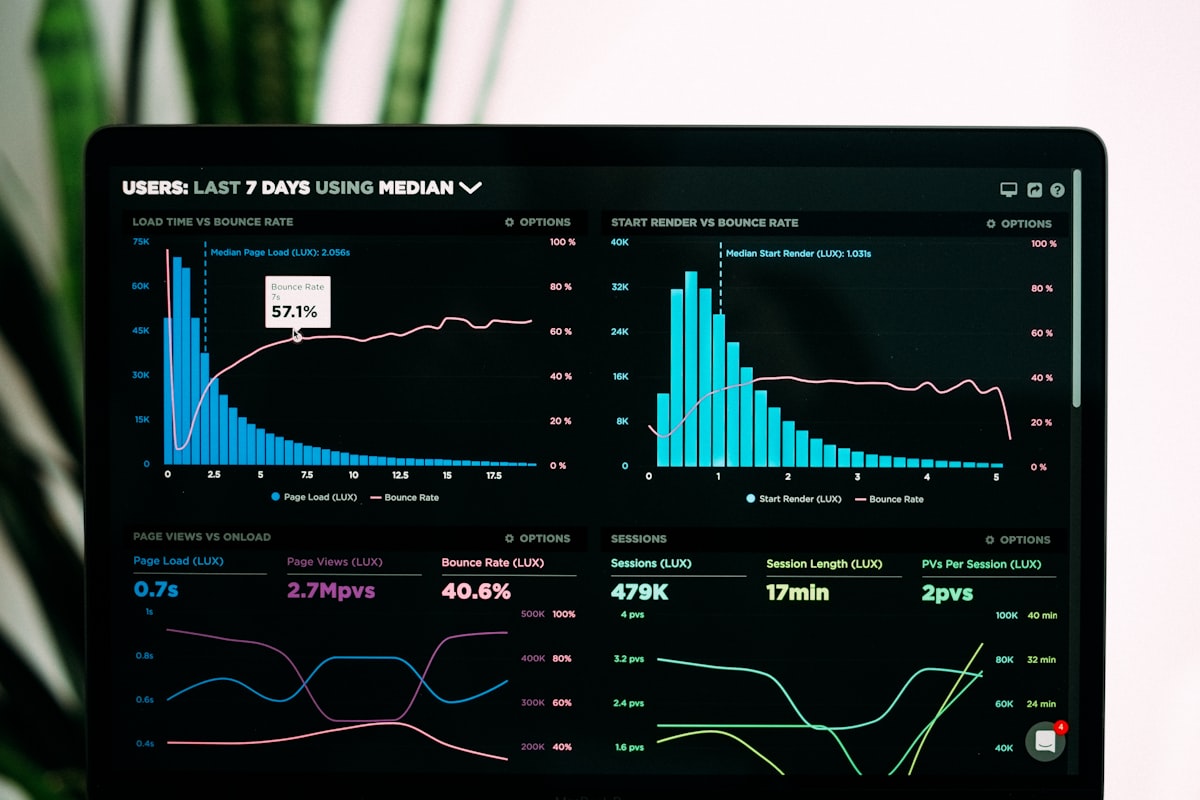Google Ads vs Facebook Ads: Which Platform is Right for Your Business?

A comprehensive comparison of Google Ads and Facebook Ads to help you decide where to invest your advertising budget for maximum ROI.
Google Ads vs Facebook Ads: Which Platform is Right for Your Business?
When it comes to digital advertising, Google Ads and Facebook Ads are the two giants that dominate the landscape. But which platform should you choose for your business? The answer isn't as straightforward as you might think.
Understanding the Fundamental Difference
The key difference between Google Ads and Facebook Ads lies in user intent:
- Google Ads: Users are actively searching for solutions (high intent)
- Facebook Ads: Users are browsing socially (low to medium intent)
This fundamental difference shapes how each platform should be used in your marketing strategy.
Google Ads: Capturing High-Intent Traffic
Google Ads excels at capturing users who are already looking for what you offer.
When to Use Google Ads:
- You offer professional services (lawyers, doctors, consultants)
- You have a local business (restaurants, shops, services)
- You sell products people actively search for
- You want immediate results
- You have a higher budget per click
Google Ads Advantages:
- High Intent: Users are actively searching
- Immediate Results: Start getting traffic right away
- Precise Targeting: Target specific keywords and locations
- Measurable ROI: Easy to track conversions
- No Creative Requirements: Text ads can be highly effective
Google Ads Disadvantages:
- Higher Competition: Popular keywords are expensive
- Limited Audience Growth: Only reaches people already searching
- Keyword Dependency: Success relies on keyword selection
- Higher Cost Per Click: Especially in competitive industries
Facebook Ads: Building Awareness and Nurturing Prospects
Facebook Ads are better for reaching new audiences and building brand awareness.
When to Use Facebook Ads:
- You're launching a new product or service
- You want to build brand awareness
- You have strong visual content
- You're targeting specific demographics
- You want to retarget website visitors
Facebook Ads Advantages:
- Massive Reach: 2.9+ billion active users
- Advanced Targeting: Detailed demographic and interest targeting
- Visual Storytelling: Rich media formats for engagement
- Lower Cost Per Click: Generally cheaper than Google Ads
- Audience Building: Great for growing your customer base
Facebook Ads Disadvantages:
- Lower Intent: Users aren't actively looking to buy
- Creative Dependent: Requires compelling visuals and copy
- Longer Sales Cycle: May take multiple touchpoints to convert
- Platform Dependence: Algorithm changes can affect reach
Cost Comparison
The cost difference between platforms varies by industry:
Google Ads Average CPC:
- Legal: $47+
- Insurance: $18+
- Real Estate: $8+
- Health & Medical: $7+
- Technology: $6+
Facebook Ads Average CPC:
- Finance & Insurance: $3.89
- Technology: $1.27
- Real Estate: $1.27
- Health & Fitness: $1.20
- Retail: $0.70
Note: These are general benchmarks and actual costs vary significantly based on targeting, competition, and campaign quality.
The Best Strategy: Use Both Platforms
The most successful businesses don't choose between Google Ads and Facebook Ads – they use both strategically:
The Funnel Approach:
- Facebook Ads for Awareness: Build brand awareness and capture new audiences
- Google Ads for Conversion: Capture high-intent searches from aware prospects
- Retargeting on Both: Re-engage users who didn't convert initially
Budget Allocation Strategy:
- B2B Services: 70% Google Ads, 30% Facebook Ads
- E-commerce: 50% Google Ads, 50% Facebook Ads
- Local Business: 60% Google Ads, 40% Facebook Ads
- New Brand: 30% Google Ads, 70% Facebook Ads
Industry-Specific Recommendations
Professional Services (Law, Medical, Consulting)
Primary Platform: Google Ads Reason: High-intent searches are common Facebook Strategy: Retargeting and thought leadership content
E-commerce
Primary Platform: Both equally Google Strategy: Shopping ads and high-intent product searches Facebook Strategy: Product discovery and lifestyle marketing
Local Businesses
Primary Platform: Google Ads Reason: "Near me" searches are crucial Facebook Strategy: Local community engagement and events
SaaS/Technology
Primary Platform: Depends on product complexity Simple Solutions: Start with Google Ads Complex Solutions: Start with Facebook for education
Getting Started: Which Platform First?
If you can only start with one platform, consider these factors:
Start with Google Ads if:
- You have a limited budget
- You need immediate results
- People actively search for your solution
- You have a simple, proven product/service
Start with Facebook Ads if:
- You have strong visual content
- You're building a new brand
- Your product requires education
- You want to test market demand
Common Mistakes to Avoid
Google Ads Mistakes:
- Bidding on too-broad keywords
- Not using negative keywords
- Sending traffic to homepage instead of specific landing pages
- Ignoring mobile optimization
Facebook Ads Mistakes:
- Targeting too specifically
- Using poor quality images
- Not testing different ad formats
- Giving up too quickly on campaigns
Measuring Success
Google Ads Metrics to Track:
- Click-through rate (CTR)
- Quality Score
- Cost per conversion
- Return on ad spend (ROAS)
- Search impression share
Facebook Ads Metrics to Track:
- Cost per click (CPC)
- Click-through rate (CTR)
- Cost per thousand impressions (CPM)
- Engagement rate
- Frequency
Conclusion
Both Google Ads and Facebook Ads have their place in a comprehensive digital marketing strategy. The key is understanding when and how to use each platform effectively.
Google Ads excels at capturing demand that already exists, while Facebook Ads are better at creating demand and building awareness. The most successful businesses use both platforms in a coordinated strategy that guides prospects through the entire customer journey.
Ready to develop a comprehensive advertising strategy? Contact our team for a free consultation on Google Ads and Facebook Ads management.
Need help deciding between Google Ads and Facebook Ads for your specific business? Our experts can analyze your industry, competition, and goals to create the perfect advertising strategy.
